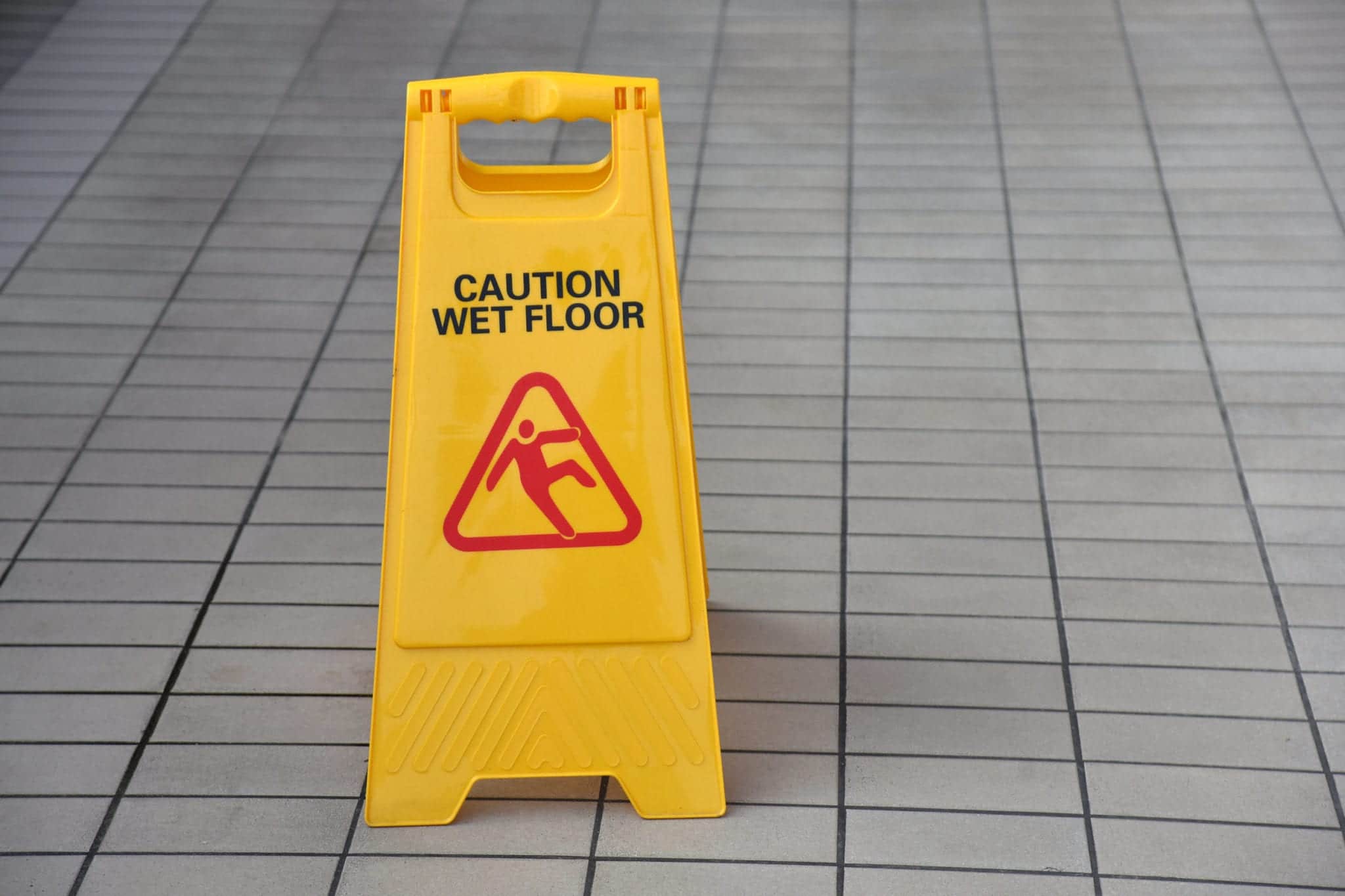When someone suffers a slip and fall accident that results in injury, normally, there is an avenue for them to recover compensation. This can be accomplished by filing a slip and fall claim. In some cases, injuries can be traced back to negligence on the part of the property owner.
However, the law also expects people to be responsible for their own safety, even on someone else’s property. If the injured person is careless or negligent, they may not have a case against the property owner.
Someone injured in a slip and fall accident may also have a much tougher time proving their case if they were under the influence of alcohol when it occurred.
Are you at fault for a slip and fall accident simply because you were drinking?
Here’s what you need to know about bringing a slip and fall claim if you were under the influence when your injuries occurred.
Florida Law
When it comes to slip and fall cases in personal injury courts in Florida, the judge will always determine what role, if any, all parties may have played in the accident.
In the case of the property owner, they assess if the injury sustained could have been prevented. The judge will examine facts to determine if the owner took measures to keep those on the property safe.
A judge also looks at any role the injured party may have in the accident. This includes the state of mind of the injured individual. The judge will decide if that might have contributed to the accident.
When it comes to slip and fall cases, Florida actually has its own set of rules when alcohol is involved. The rules state that an injured person can’t recover loss, injury, or damages if, at the time of the slip and fall, they were under the influence of drugs or alcohol to the extent that their faculties were impaired – which, under the law, means a breath or blood alcohol level of 0.08 percent.
It’s very likely the case will be thrown out if two factors are confirmed:
- It is determined that the person injured was impaired
- They are found to be more than 50 percent at-fault
The Role of Comparative Negligence
Even in cases where you did not have a blood alcohol level of 0.08 percent or higher, if it can be shown that alcohol contributed to the slip and fall accident, then the case may be lost. Or you may see the amount recovered for damages decrease.
The reason damages recovered may be reduced relies on an aspect called comparative negligence. Basically, it means that, in these types of cases, the judge will determine the amount of fault each party possess. If you are found to have 20 percent of the fault in the case, any damages awarded will be reduced by 20 percent.
Comparative negligence in slip and fall cases doesn’t simply apply to cases involving alcohol. Other situations – such as breaking the rules of the property, ignoring warnings from staff or signs about hazardous conditions, being distracted by things you control like headphones or your phone, or failure to treat sustained injuries right away – can also count against you in slip and fall cases.
Even if you were drinking when injured, you may still have a case. Don’t assume that your case will be thrown out just because your injuries might have been your fault.
About the Author:
Andrew Winston is a partner at the personal injury law firm of Winston Law. For over 20 years, he has successfully represented countless people in all kinds of personal injury cases, with a particular focus on child injury, legal malpractice, and premises liability. He has been recognized for excellence in the representation of injured clients by admission to the Million Dollar Advocates Forum, and named one of America’s Top 100 High-Stakes Litigators. Mr. Winston is AV Preeminent Rated by the Martindale-Hubbell Law Directory, enjoys a 10.0 rating by AVVO as a Top Personal Injury Attorney, has been selected as a Florida “SuperLawyer” from 2011-2020 – an honor reserved for the top 5% of lawyers in the state – was voted to Florida Trend’s ”Legal Elite,” recognized by Expertise as one of the 20 Best Fort Lauderdale personal injury attorneys, named one of the Top 100 Lawyers in the Miami area for 2015-2017, and one of the Top 100 Lawyers in Florida for 2015-2017 and 2019.
 What You Need To Win a Florida Medical Malpractice Case
What You Need To Win a Florida Medical Malpractice Case 

















